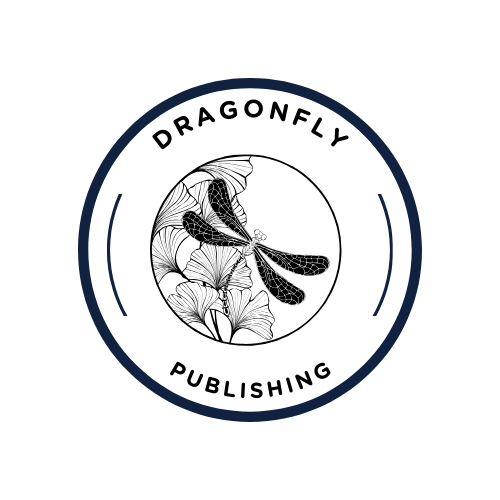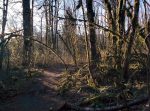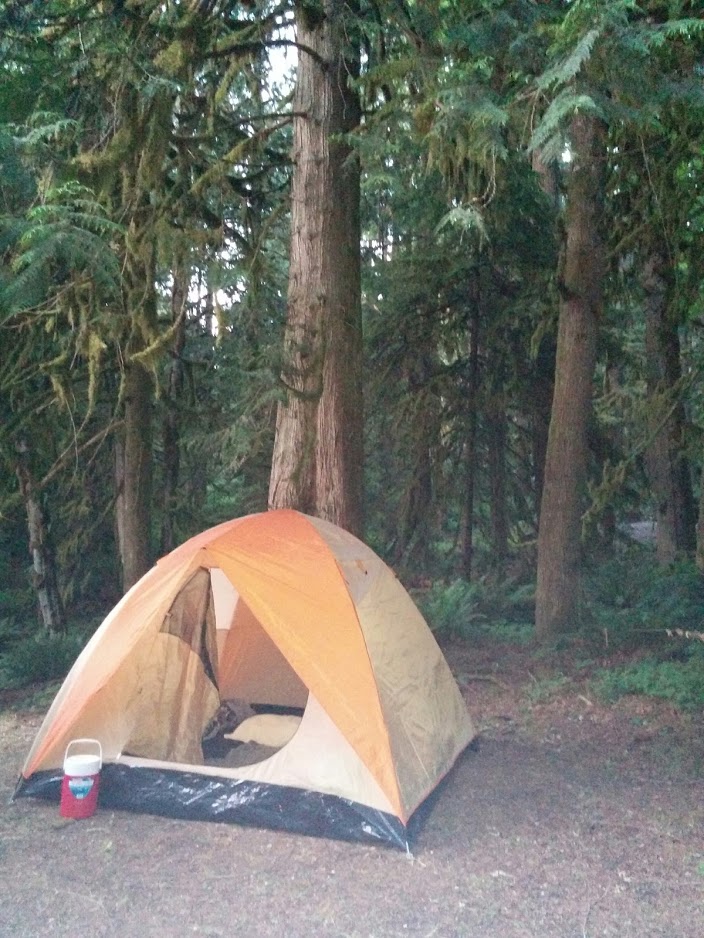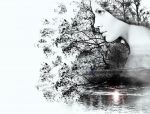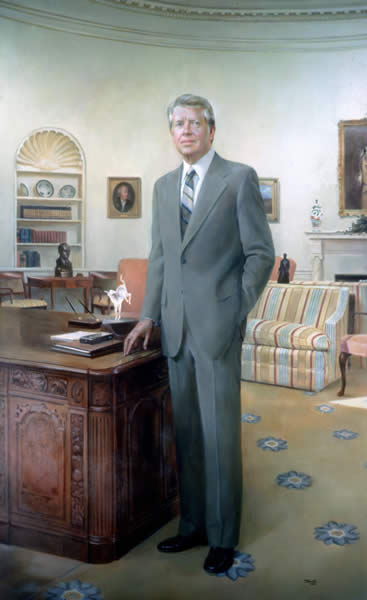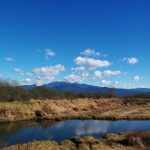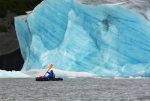Last night, we went to see George Orwell’s 1984, which played across North America as a reminder of our humanity vs. surveillance and misinformation by an oligarchy–completely pertinent now because the US government has suddenly clinched into what may become an oligarchy and has become a major source of lies. These lies have received the euphemism “alternative facts,” a phrase I think should go away, because anti-truth is not any kind of fact, not even an alternative one. Let’s not kid ourselves. Facts are facts. Lies are lies. There is no situation in which lies are facts. Of course, in the field of physics, for instance, what seems to be one thing may in fact be another. When dealing with society, however, we should remember Edward R. Murrow’s famous quote: “I simply cannot accept that there are, on every story, two equal and logical sides to an argument.”
Some examples of lies in our world are the following statements: climate change isn’t happening, climate change is not caused by humans, President Obama was not born in the United States, and so on–these are narratives that lie on the spectrum of propaganda, not at all truths. These narratives have evidence they aren’t true at all–and this evidence is empirical, not perceived.
See the current president’s lies at PolitiFact (a winner of the Pulitzer Prize, I should add–not some out of the way publication). I worry about this, because, as 1984 shows, a constant narrative involving lies will change people’s perceptions and reduce them to nothing. It has already changed policy, such as environmental deregulation.
So many things change our perceptions of reality. From the time we are born, one could argue that we are manipulated to believe one thing or another. Even our memories are not set in stone. Life is but one fluid experience after another, and our perceptions are constantly altered by narratives reaching out to us. What we pick up on seems to be highly influenced by families, friends, communities, churches, schools, and so on. And many of us try to rely on our own wisdom and knowledge to find the right sources to listen to. Whatever we turn into after all this molding is negligible. As 1984 shows, humanity is ultimately about finding truth and fighting for it. Not perceived truth but empirical truth.
This is how I live now: I wake up every morning and am groggy for the first few moments. We have returned to rain, rain, rain after two days of sunshine. I am reluctant to let go of our comfortable sheets, and the warmth of the night womb, or open my eyes to the dim bedroom. Yet I do. I think of the things that matter, like family, friends, and so forth–but at the most tactical level, I experience things that sway me on a daily basis: the simple promise of a cherry tree my husband planted over the weekend finally–a rare ojochin tree, which I watered after packing in more soil. I think of running on the trail, which I’ve been able to do so far twice this week, and I fold myself in the memory of what I’ve experienced as well as anticipate what I’ll experience next. I spend time feeling, sensing, and wholly appreciating. The bite of a crisp and cold apple, the feel of the cold creek seeping into my running shoes, the way light drops on everything an hour before sunset, the way my muscles ache after hopping and running among rocks and big puddles for over 7.5 kilometers–like on Monday evening when we traipsed up to Crystal Falls and back–the newly found experience of the awesome kick of a hibiscus margarita, the unique flavor of a poblano pepper, the ever-embracing and numbing emotions from listening to music by someone like Ramin Djawadi as I trek through the rain or sunshine and feel the wind rushing my face, the warmth of a surprise call from my sister, the haunting sounds of unseen birds calling in the rainforest, the words of such authors as George RR Martin or Omar El Akkad (see my interview with the Omar) as I juggle both books, incredibly ensconced within their imaginary worlds. These sensations are the crux of life, the joy of it. The every day. Some may say these things are mundane, and some may never notice the mundane. But I do. They shape perceptions and lend beauty. I can say: American War is a great book, Ramin Djawadi’s music moves me, the Crystal Falls Trail is fun and a good workout, I’m in the mood for a cold apple, and so on. These are true to me, my perceptions. They are how I live my life in some sense.
When it comes down to it, however, underneath it all, unless we live by some essential truths–climate change is happening and we are causing it, for example–our perceptions are without essential humanity, and in that sense I mean, we cannot and should not lie to ourselves and call it our own personal alternative “fact”–because truths are truths, and anything else is not. And with truth in the background of our daily perceptions, we open our eyes to the world and live life according to what life is proven to be underneath the small things–none of which are prosaic by any means. In my case, life isn’t about the sullen commute to work in the morning or the pavement or the city high rises or the surfaces and storefronts. I am not buying whatever they’re selling. I’m going outside and seeing what’s there, what’s disappearing, seeing how it is changing in the Anthropocene. I appreciate the tactical beauty of the natural world, from stones to apples to mud puddles to songbirds to rushing creeks to tall cedars to distant snow-capped mountains. Making decisions about how to live with what we have left in this old world, and knowing, despite all the great art, words, nature, and sensations that move and define us, that we will end, like everything else–and loving this moment, each moment–is, to me, what it’s all about.
Enjoy some of the rainforest from my runs this week:
